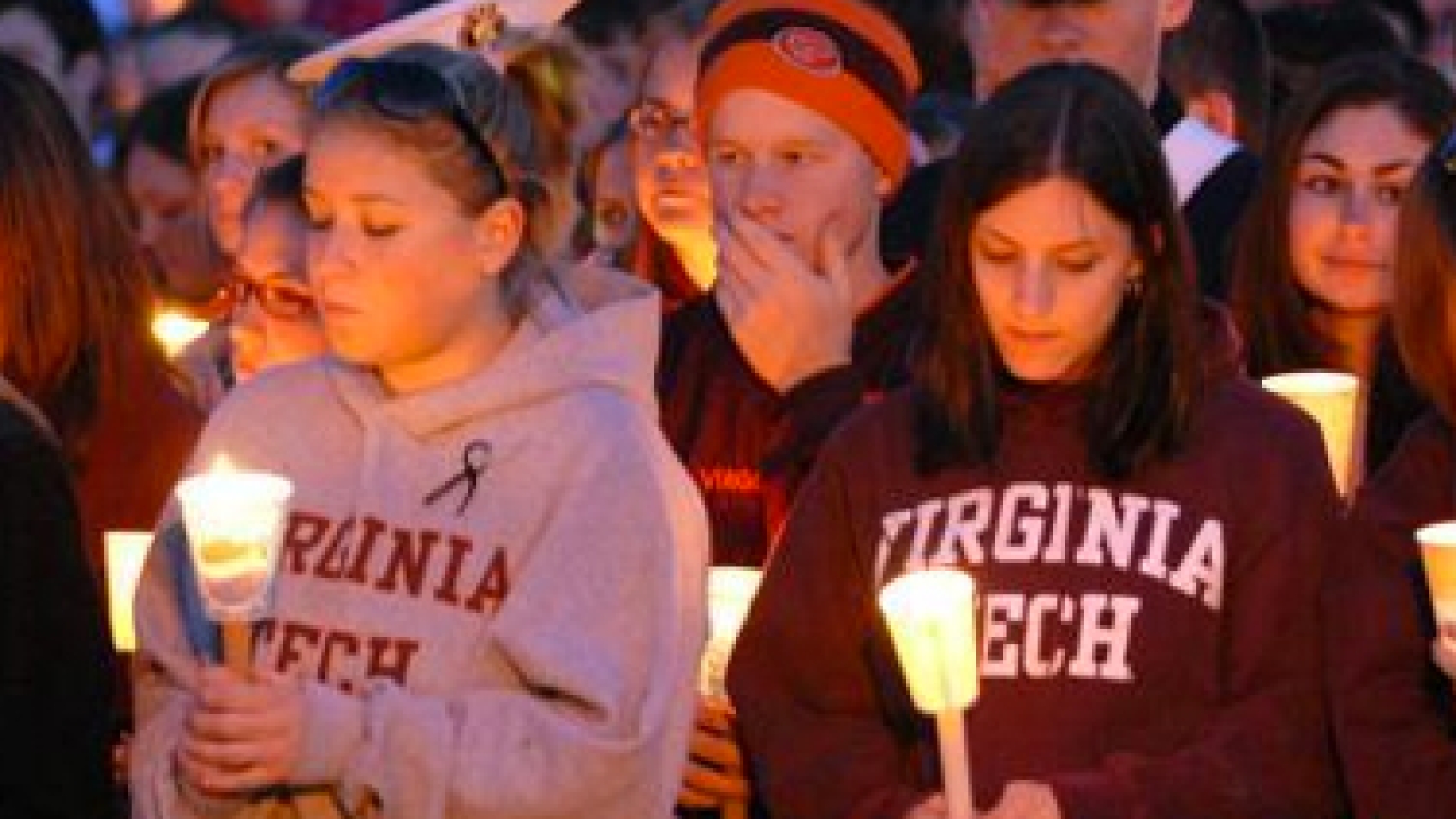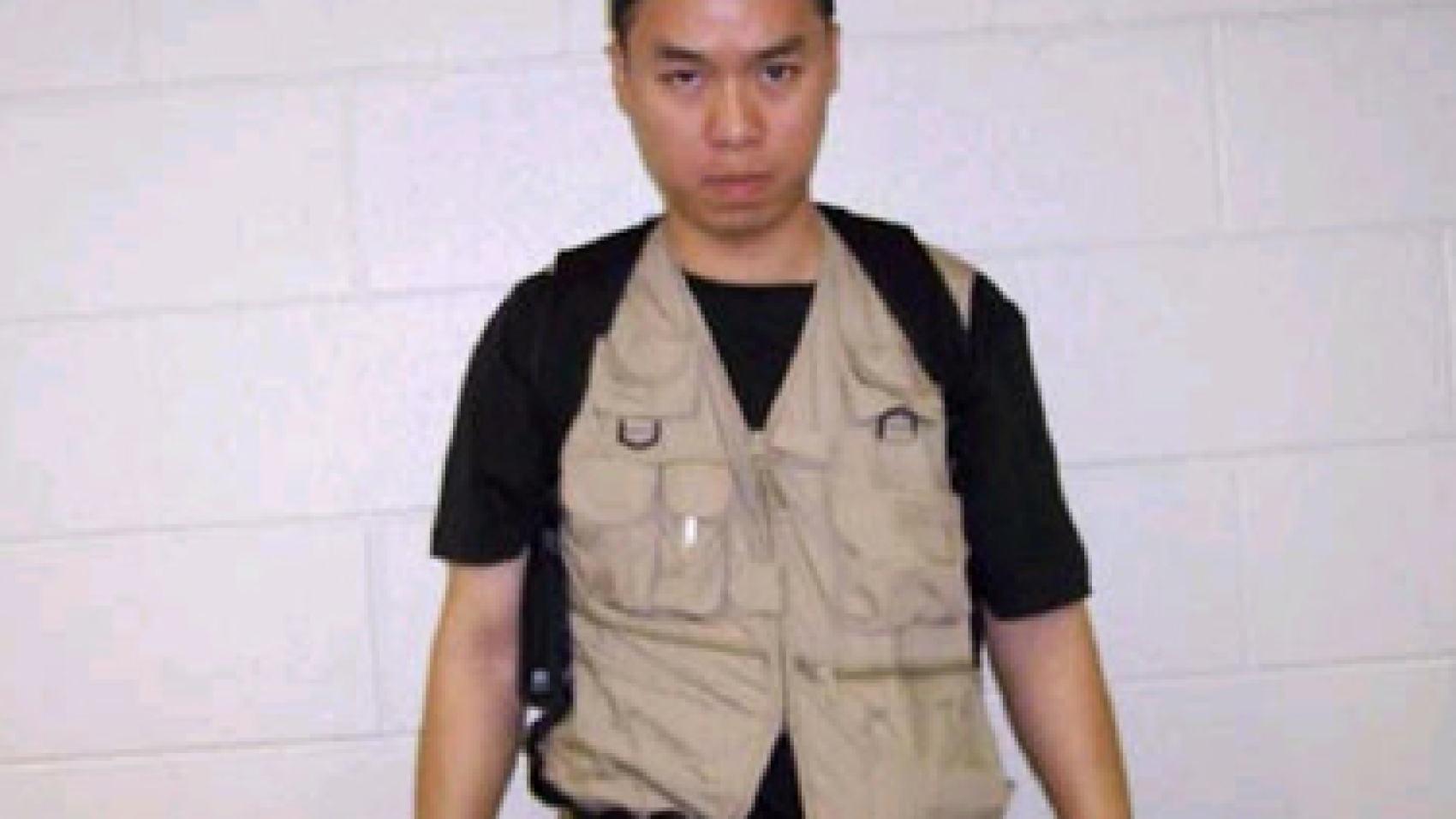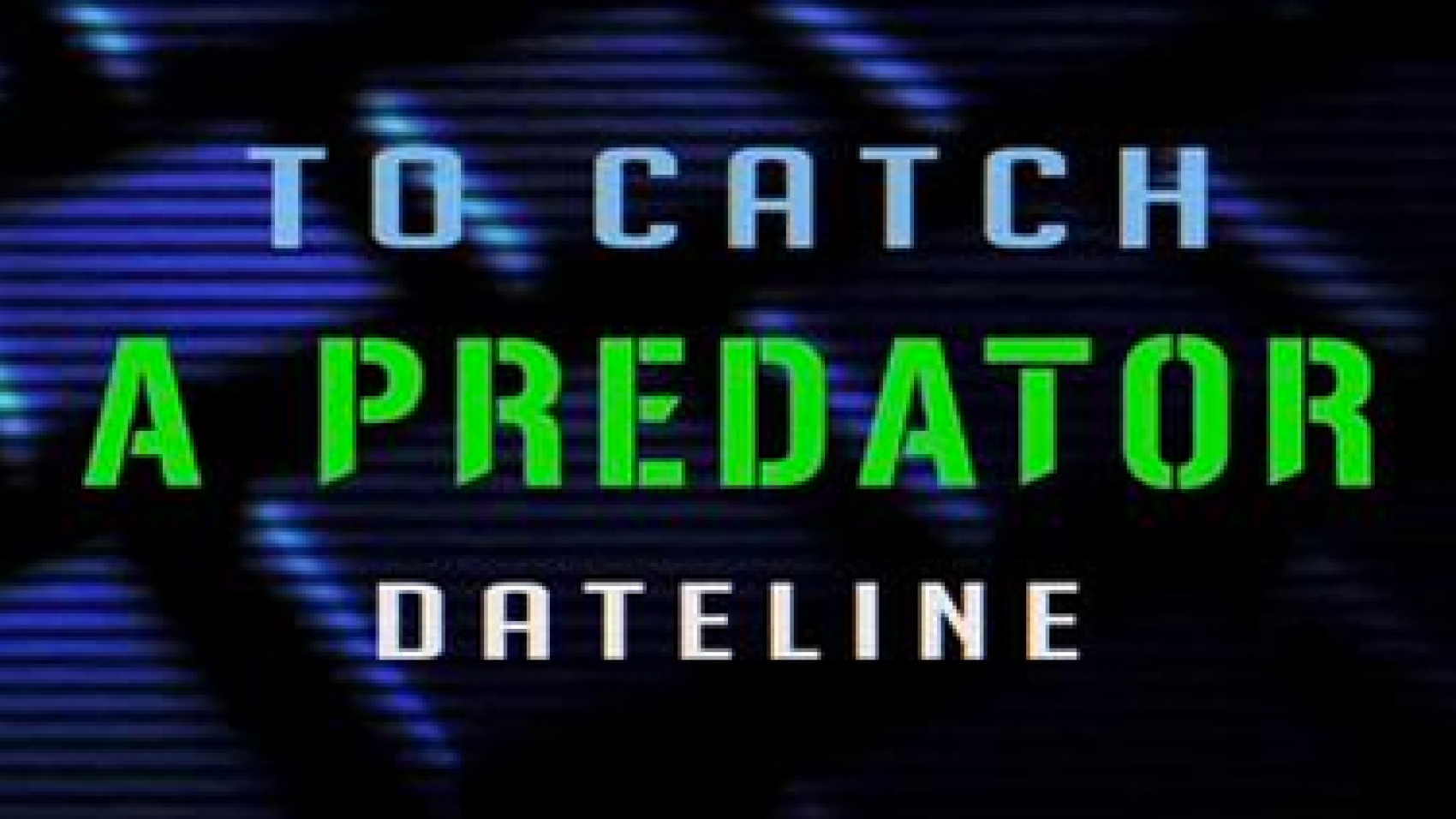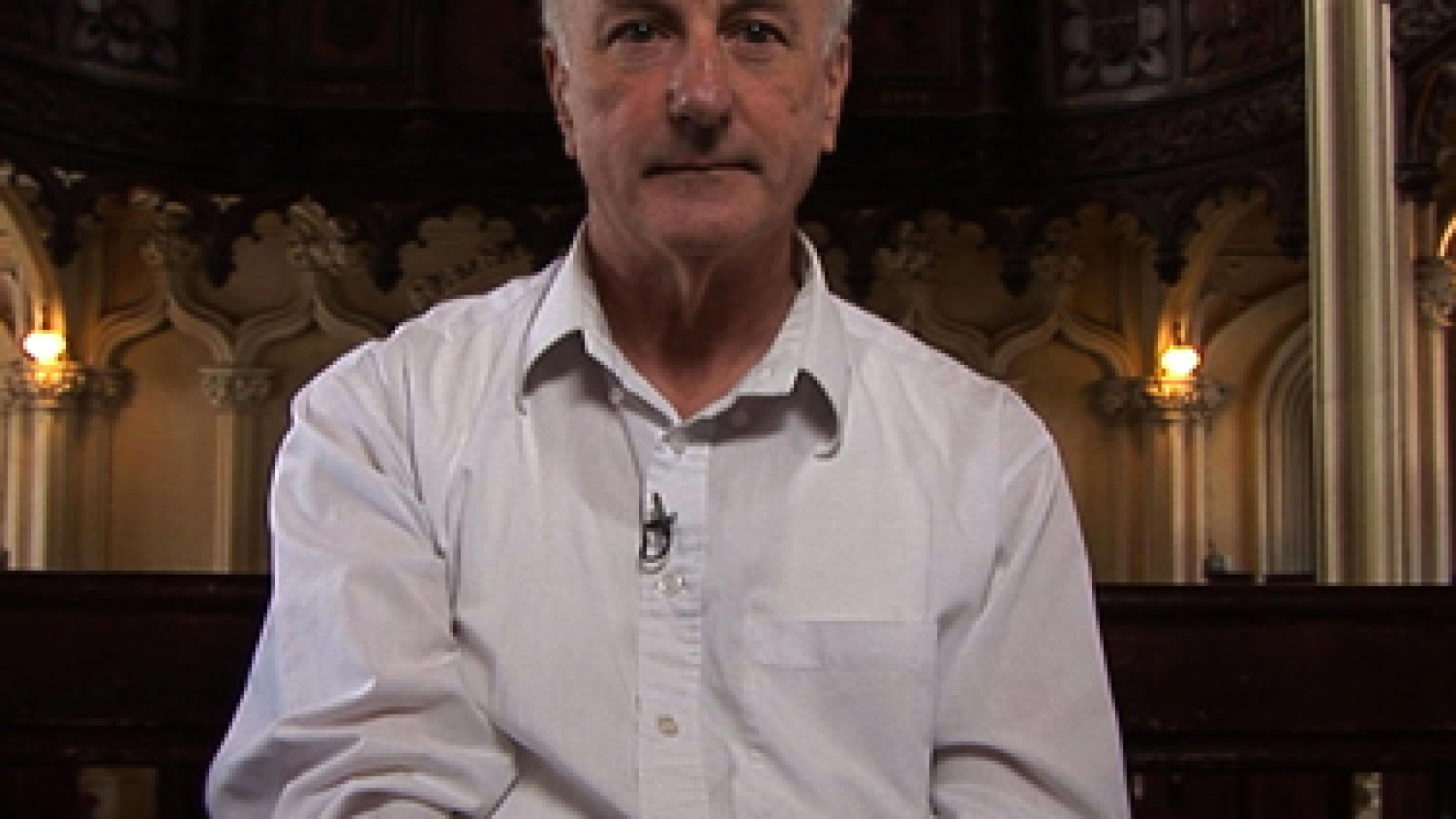VIRGINIA TECH – HOW TO HANDLE TRAUMA
April 19, 2007
Witnessing violence, like the students at Virginia Tech did this week, can wreak havoc with our bodies. Typical initial reactions are feelings of not really being here, feeling disbelief, floating or spacey or detached. These are feelings of shock. It’s very important to actively work our way out of shocking incidents, even if we only saw it on television; otherwise, it can cause us trouble later. Post traumatic stress syndrome, suffered by so many Vietnam and Iraqi vets, is the medical term for what can happen when we store trauma in our bodies.
There are 4 steps you can take to alleviate the effects when you’ve been exposed to violence:
(1) Talk about it. That actually releases the stored violence from the body.
(2) Touch your own body or have someone else give you gentle, reassuring touch. The violence is surreal, and feeling our own bodies helps us reconnect to reality again and to realize that we are safe.
(3) Connect with nature, like sit on your lawn or pet your dog. This reconnects us back to our bodies, which we sort of leave when we are frightened.
(4) Say to yourself,I want to be here now. This counters our unconscious desire to leave our bodies when we are faced with danger. When we are not in our bodies, we are at risk for accident and disease.
I would worry about post traumatic stress symptoms showing up for the Virginia Tech students when they go back home in three weeks. While they’re still at school and connected to one another, they’ll probably be okay. It’s after they get home that they may experience phobias or insomnia or digestive disorders or substance abuse. These are all indications that they haven’t yet successfully processed the violence out of their bodies. It’s really important that they address the trauma they took in as soon as possible.





